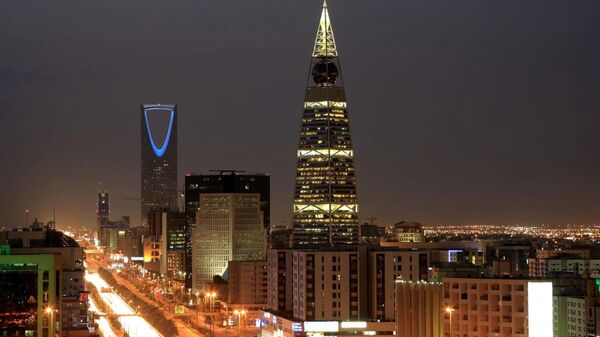The kingdom was strongly opposed to the nuclear deal with Iran and after failing to secure the deal; the Saudis are now turning to new methods of disrupting Tehran’s business activities.
“Saudi Arabia and Bahrain have reportedly banned Iranian-flagged vessels from entering their waters and imposed other shipping restrictions,” Press TV reported.
Nevertheless, some observers noted that the Saudis’ effort is unlikely to have an impact on the overall business relationship between Iran and its allies.
Iran’s sales to Europe are rising fast, while loadings to Asia have already grown to levels not seen since 2012.
One of the key allies of Saudi Arabia is the United Arab Emirates. It has strong trade and business relations with Iran. The bulk of Iran’s imports from the Persian Gulf Cooperation Council (GCC), which amounted to $37 billion in 2015, were exports from the UAE.
Even before the nuclear deal, Iran’s economy had been on a strong recovery path, according to Press TV. President Hassan Rouhani said the country's economy is set to grow in surplus of five percent this year.
Looking at the demographics, Iran has a population of over 80 million. This provides the country with huge opportunities as the world’s last unexploited major frontier market.
According to Press TV, Iran’s labor force is relatively well-educated and Iran’s economy is more diversified than other oil exporters in the region.
Furthermore, Iran is already integrated into the Persian Gulf economic systems and there is hardly anything that Saudi Arabia can do that can seriously disentangle that, Shashank Joshi, a senior research fellow at the Royal United Services Institute in London told Bloomberg.
Joshi further said the Saudis can’t do much to block Iran at the global level, but they’re “applying pressure on Iran wherever they are able to do so, to limit its political and economic influence.”



